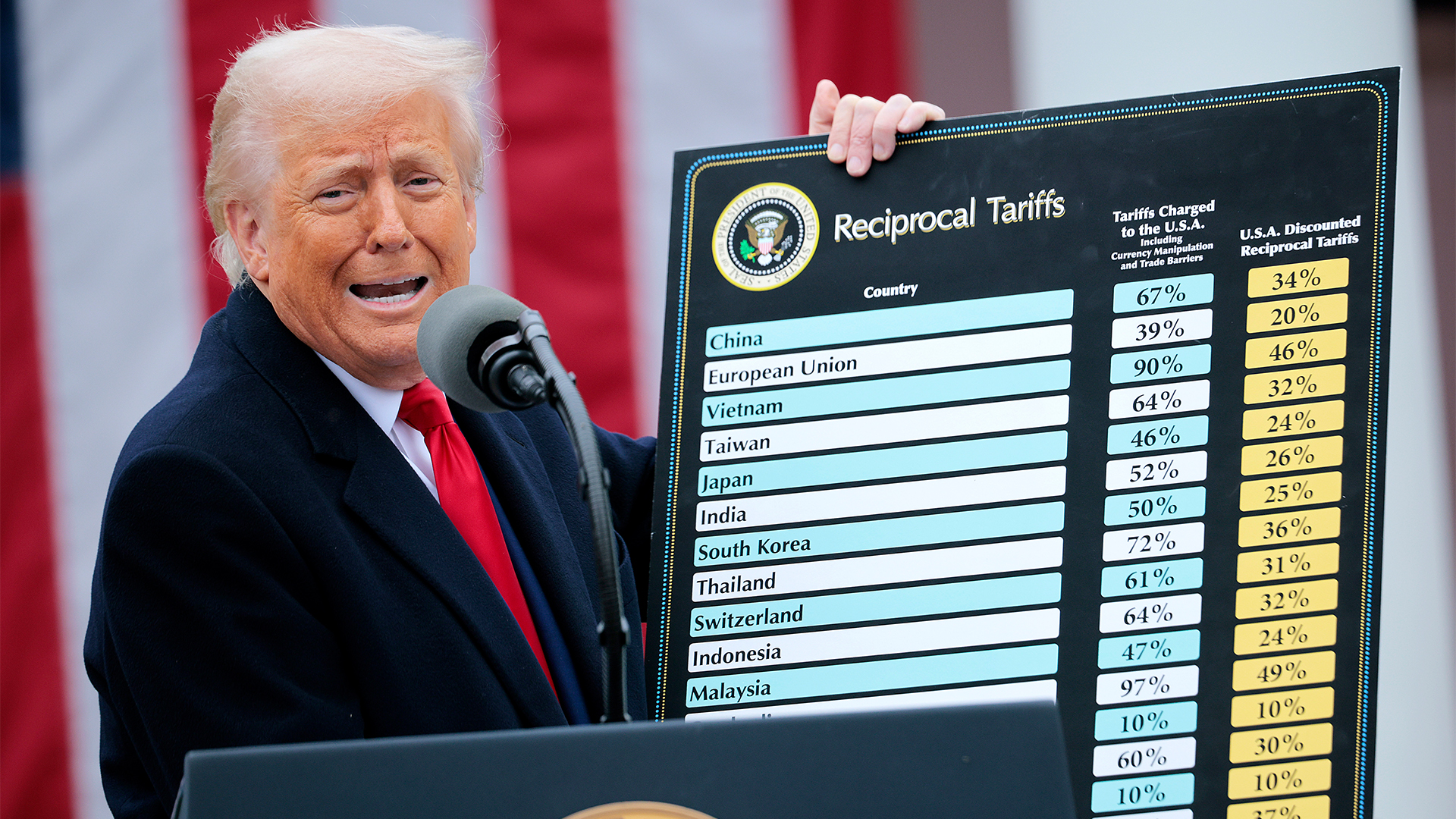FTC and states sue Frontier Communications for misrepresenting internet speeds
Suit alleges Frontier offered higher speeds than it could offer in rural areas


Sign up today and you will receive a free copy of our Future Focus 2025 report - the leading guidance on AI, cybersecurity and other IT challenges as per 700+ senior executives
You are now subscribed
Your newsletter sign-up was successful
The Federal Trade Commission (FTC) has joined six states in suing internet service provider (ISP) Frontier Communications for misrepresenting its internet speeds.
The attorneys general of Arizona, California, Indiana, Michigan, North Carolina, and Wisconsin filed a complaint alleging that the ISP sold tiered copper DSL internet plans with real-life speeds that often fell short of what they promised.
Frontier, which serves 1.3 million consumers across 25 states, advertised its DSL services with maximum speeds in markets where it knew it couldn't deliver that performance, argued the complaint. Many of these customers lived in rural areas and were limited to DSL services rather than the company's fiber option.
The ISP's advertisements contained small print warning that maximum speeds would not be available in all areas. However, when people called to sign up for the service, its salespeople signed them up for the advertised tier, despite having tools telling them the maximum speed was not available at the customer's address.
In many cases, Frontier provided no written documentation of the DSL service it provided customers, the lawsuit said. The only record was as a line item in their bill that didn't mention the advertised internet speed.
The lawsuit also alleged Frontier provisioned slower-than-advertised speeds at the DSL access multiplexer (DSLAM) that handles DSL connections without telling customers.
When the company commissioned a management consultant to analyse its network data, it found the Frontier potentially oversold almost 30% of subscribers (around 440,000 customers) on their DSL service. Thousands of customers complained about slow speeds.
Sign up today and you will receive a free copy of our Future Focus 2025 report - the leading guidance on AI, cybersecurity and other IT challenges as per 700+ senior executives
The lawsuit contains multiple counts under the FTC Act and state law, claiming misrepresentation and unfair billing practices. Wisconsin also sued the company for misrepresenting its landline services in the same complaint, alleging frequent quality issues and thousands of landline outages lasting for over a day.
The FTC, which voted unanimously to file the complaint, requested an injunction against Frontier to stop these practices. Several states requested per-violation civil penalties.
Frontier, which reorganized under Chapter 11 bankruptcy protection in April 2020, refuted the complaint and promised a vigorous defense.
"Frontier believes the lawsuit is without merit," it said, adding the complaint "includes baseless allegations" and ignored important facts. These included that rural communities are the most technically difficult to serve and that its rural DSL service has many satisfied customers. "Frontier’s DSL Internet speeds have been clearly and accurately articulated, defined and described in the Company’s marketing materials and disclosures," it said.
Danny Bradbury has been a print journalist specialising in technology since 1989 and a freelance writer since 1994. He has written for national publications on both sides of the Atlantic and has won awards for his investigative cybersecurity journalism work and his arts and culture writing.
Danny writes about many different technology issues for audiences ranging from consumers through to software developers and CIOs. He also ghostwrites articles for many C-suite business executives in the technology sector and has worked as a presenter for multiple webinars and podcasts.
-
 ITPro Excellence Awards winners unveiled
ITPro Excellence Awards winners unveiledIt's time to celebrate excellence in IT. Read on for the full list of winners...
-
 This new mobile compromise toolkit enables spyware, surveillance, and data theft
This new mobile compromise toolkit enables spyware, surveillance, and data theftNews The professional package allows even unsophisticated attackers to take full control of devices
-
 UK’s ‘Tech Prosperity Deal' with US hits rocky ground
UK’s ‘Tech Prosperity Deal' with US hits rocky groundNews The US has reportedly threatened to pull out of the deal over the Digital Services Tax and broader economic disagreements
-
 ‘The UK must position itself as the destination of choice’ in wake of H-1B visa crackdown, tech policy group says
‘The UK must position itself as the destination of choice’ in wake of H-1B visa crackdown, tech policy group saysNews The UK has a massive opportunity to capitalize on the US government’s H-1B visa changes
-
 IDC warns US tariffs will impact tech sector spending
IDC warns US tariffs will impact tech sector spendingNews IDC has warned that the US government's sweeping tariffs could cut global IT spending in half over the next six months.
-
 US government urged to overhaul outdated technology
US government urged to overhaul outdated technologyNews A review from the US Government Accountability Office (GAO) has found legacy technology and outdated IT systems are negatively impacting efficiency.
-
 US proposes new ‘know-your-customer’ restrictions on cloud providers
US proposes new ‘know-your-customer’ restrictions on cloud providersNews The US aims to stifle Chinese AI competition with new restrictions on cloud providers to verify foreign data center users
-
 SEC passes rules compelling US public companies to report data breaches within four days
SEC passes rules compelling US public companies to report data breaches within four daysNews Foreign entities trading publicly in the US will also be held to comparative standards
-
 US says National Cybersecurity Strategy will focus on market resilience and private partnerships
US says National Cybersecurity Strategy will focus on market resilience and private partnershipsNews The recently announced implementation plans alow for more aggressive action against ransomware gangs
-
 US ‘Tech Hubs’ drive aims to boost innovation in American heartlands
US ‘Tech Hubs’ drive aims to boost innovation in American heartlandsNews The development of the hubs will could help drive regional innovation and support for tech companies
